
You are invited to the 5th AQUAIMPROVE WORKSHOP to be held on the 6th of November 2020.
Due to the actual COVID limitations, this year event will be held online.
This year we will have the 5th edition of the AQUAIMPROVE Workshop and, due to the restrictions due to the actual COVID crisis, it will be held online. Of course, the success of this initiative is directly related to the willingness of participants to attend it and present their recent research.
Taking advantage of this online version of the workshop, we intend to extend it to a broader audience and take the opportunity to have some international experts presenting webinars.
Thus, in this workshop we wil have the following plenary lectures:
- “Alimentos funcionais – aplicação na aquacultura” – Prof. Margarida Maria Barros; Universidade Estadual Paulista – UNESP; Faculdade de Medicina Veterinária e Zootecnia; Departamento de Melhoramento e Nutrição Animal; Laboratório de Nutrição e Saúde de Peixes – AquaNutri – Brasil
- “Protein and amino acid nutrition in marine fish” – Prof. Helena Peres; CIIMAR, Fish Nutrition and Immunobiology Laboratory.
- “Ácidos Graxos como nutracêuticos para peixes tropicais” – Prof. Priscila Vieira Rosa e Renan Rosa Paulino; Universidade Federal de Lavras, Departamento de Zootecnia, Brasil
- “Aquaponics in Mecklenburg-Western Pommerania: Research in the FishGlassHouse and knowledge transfer into regional aquaculture production” – Prof. Harry Palm; Universitat Rostock, Alemanha
- “Aquicultura na América do Sul: Peixes Amazônicos, Tilápia, Camarão e Salmão” – Dra. Raquel Tatiane Pereira; Technical Manager South America at Olmix Group, Jundiaí, São Paulo, Brasil.
The AQUAIMPROVE Workshop aims to promote the presentation and debate of recent research advances in aquaculture-related topics. It is directed to students, researchers, the academic community, and stakeholders.
The first AQUAIMPROVE Workshop was held in 2015 as an initiative of CIIMAR’s NUTRIMU group and the perception of the interest of this initiative encouraged us to promote it regularly as a meeting point for the scientific community, students, and stakeholders to discuss aquaculture-related issues. Of course, the success of this initiative is directly related to the willingness of participants to attend it and present their recent research.
We encourage you to participate and to disseminate this event among your colleagues and students. The participation is free of charge but pre-registration is required. Invited speakers will give plenary lectures on edge-cutting topics related to aquaculture.
Oral presentations are accepted (15 min) and will be evaluated by a Scientific Committee. A slot will be reserved for short presentations (3-5 min pitch including a maximum of 5 slides). Poster presentations are also welcome.
Students’ presentations are incentivized and will be prioritized. A certificate of participation will be provided to all registered participants, and a Abstract booklet will be also prepared.
Please register at https://forms.gle/pqd15reeT1aGYejz5
Abstract submission should be done until October 16 to aquacultureresearchworkshop@gmail.com (please consult the attached template)

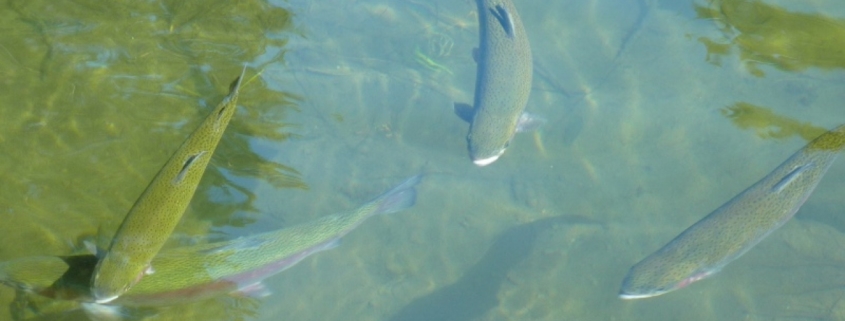
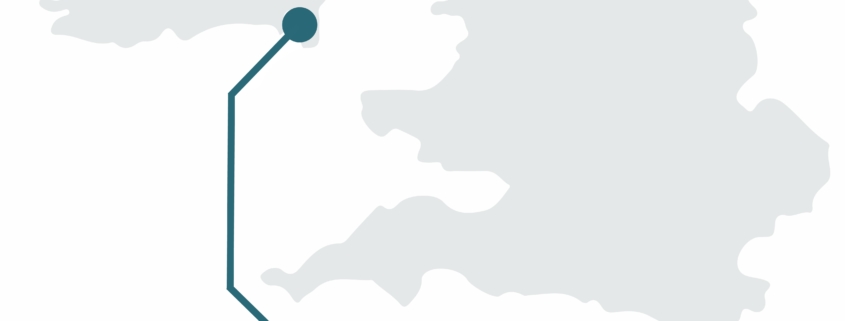 stiúideorua.ie
stiúideorua.ie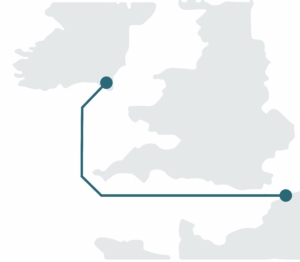
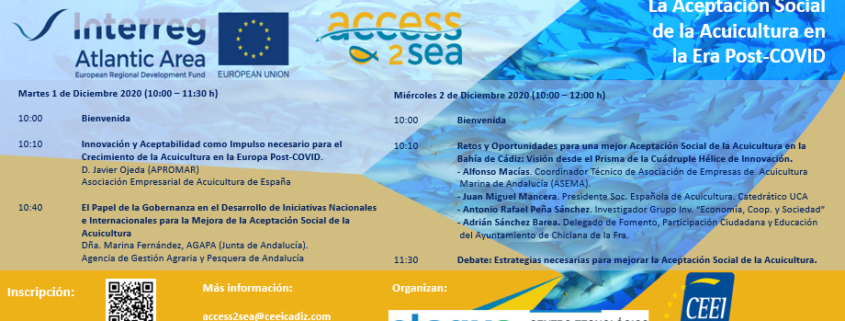

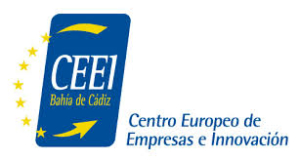

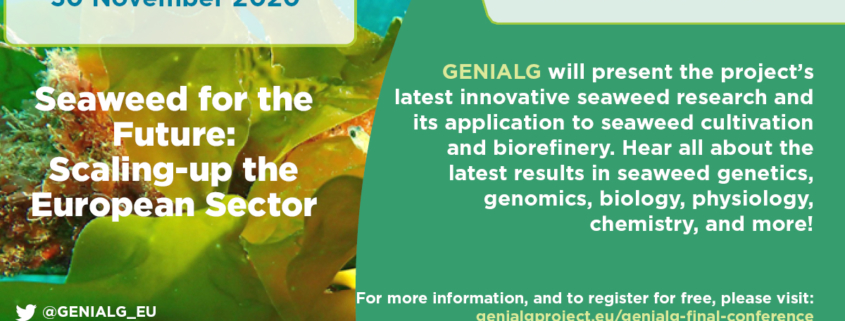
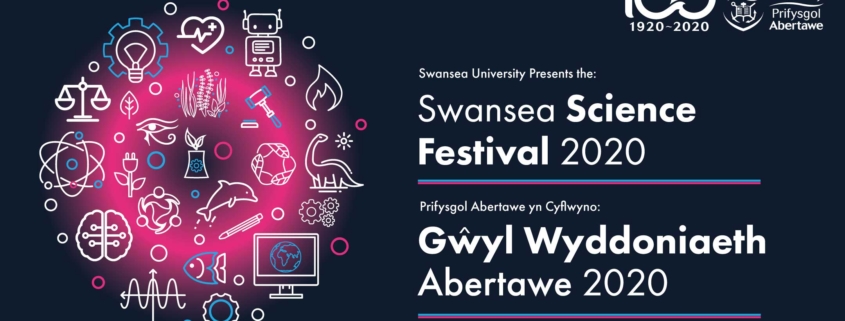

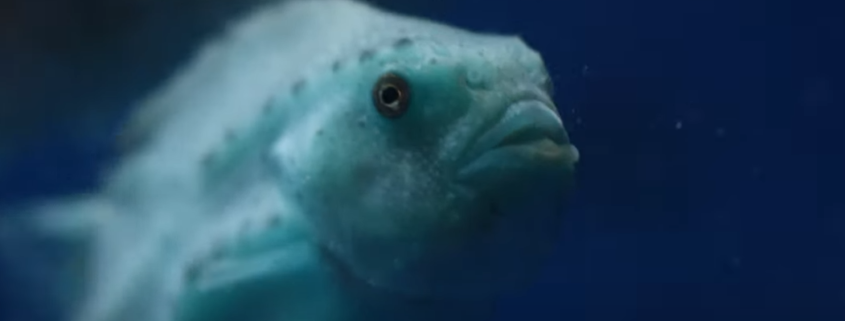
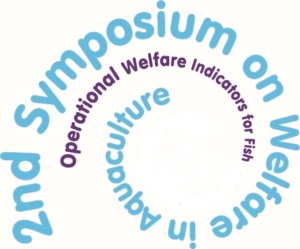 is delighted to announce the line-up of speakers for the Second Symposium on Welfare in Aquaculture (SWELA 2020). This year the symposium is going to be a webinar on the 26th of November with
is delighted to announce the line-up of speakers for the Second Symposium on Welfare in Aquaculture (SWELA 2020). This year the symposium is going to be a webinar on the 26th of November with 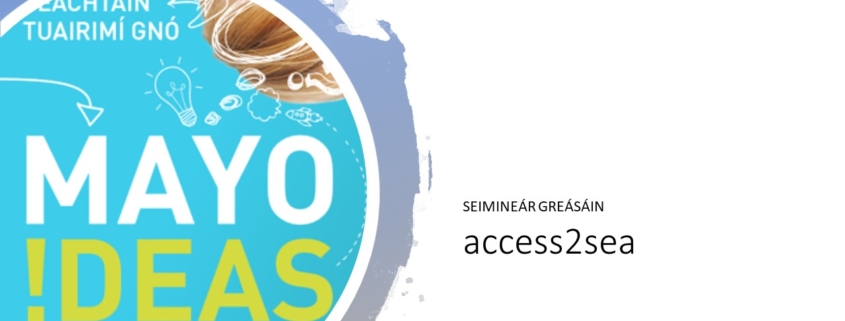
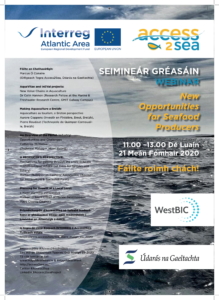
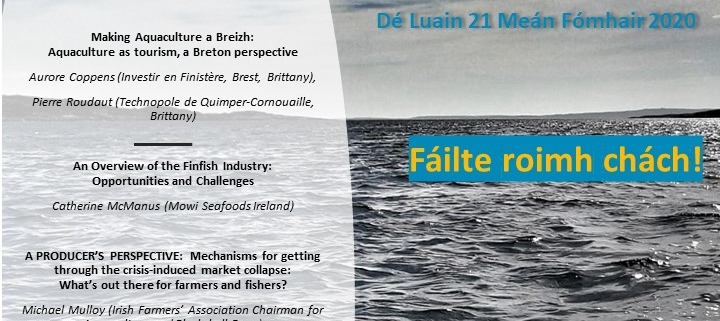 MÓC,Access2Sea
MÓC,Access2Sea